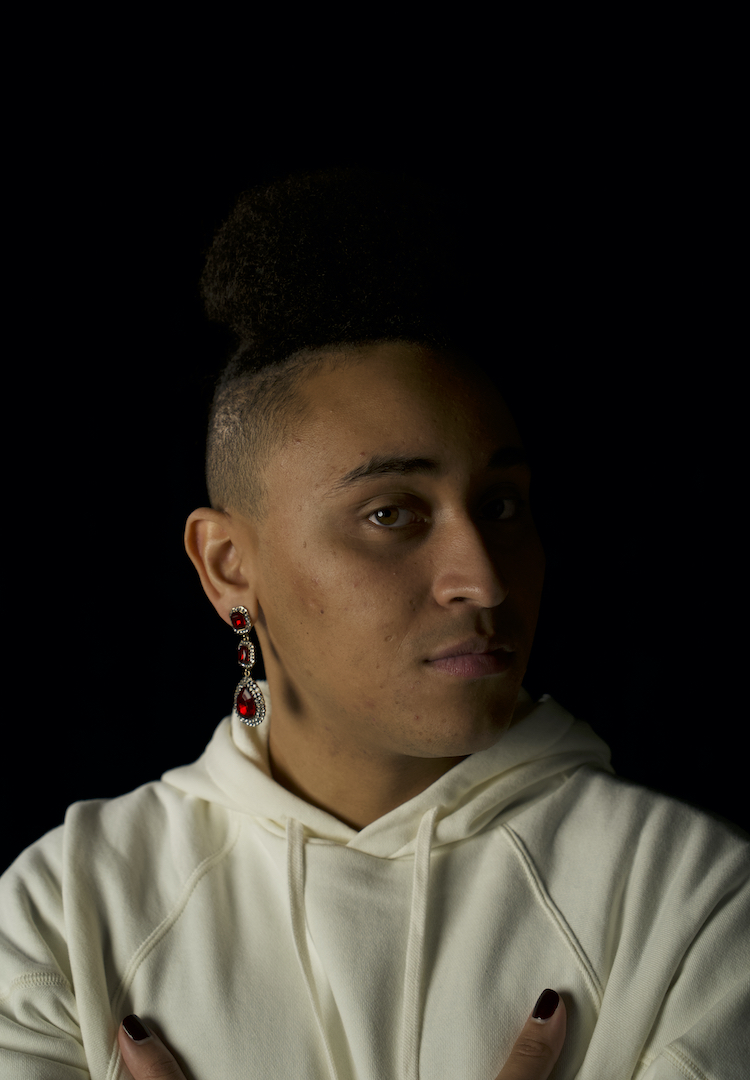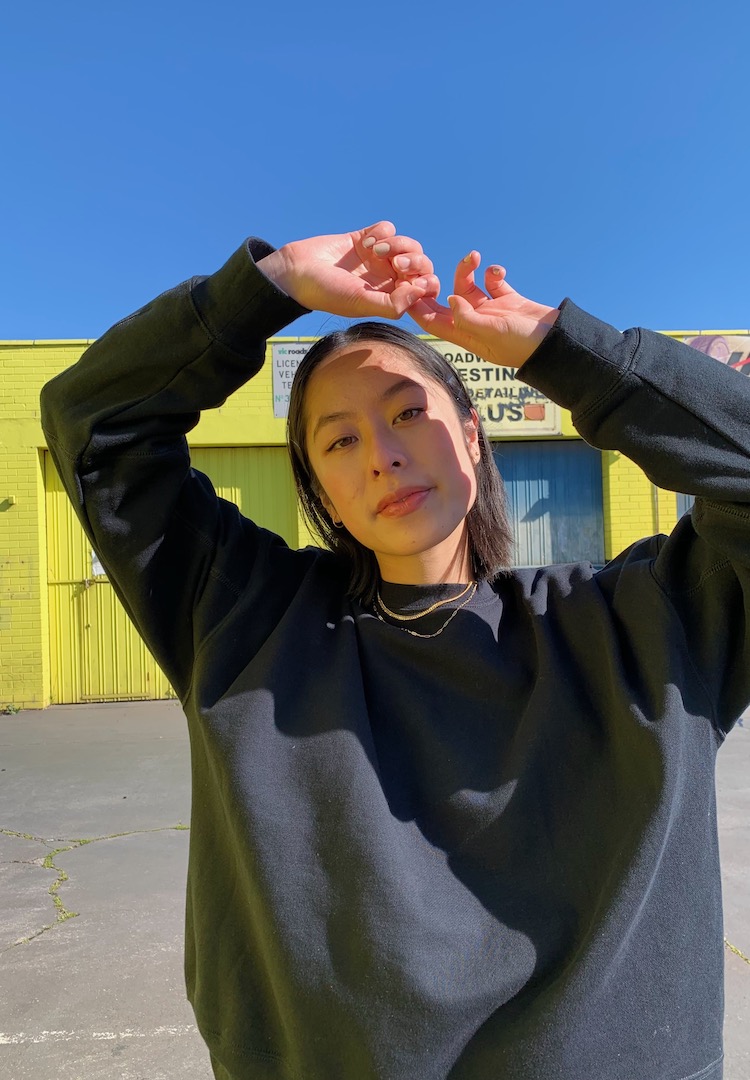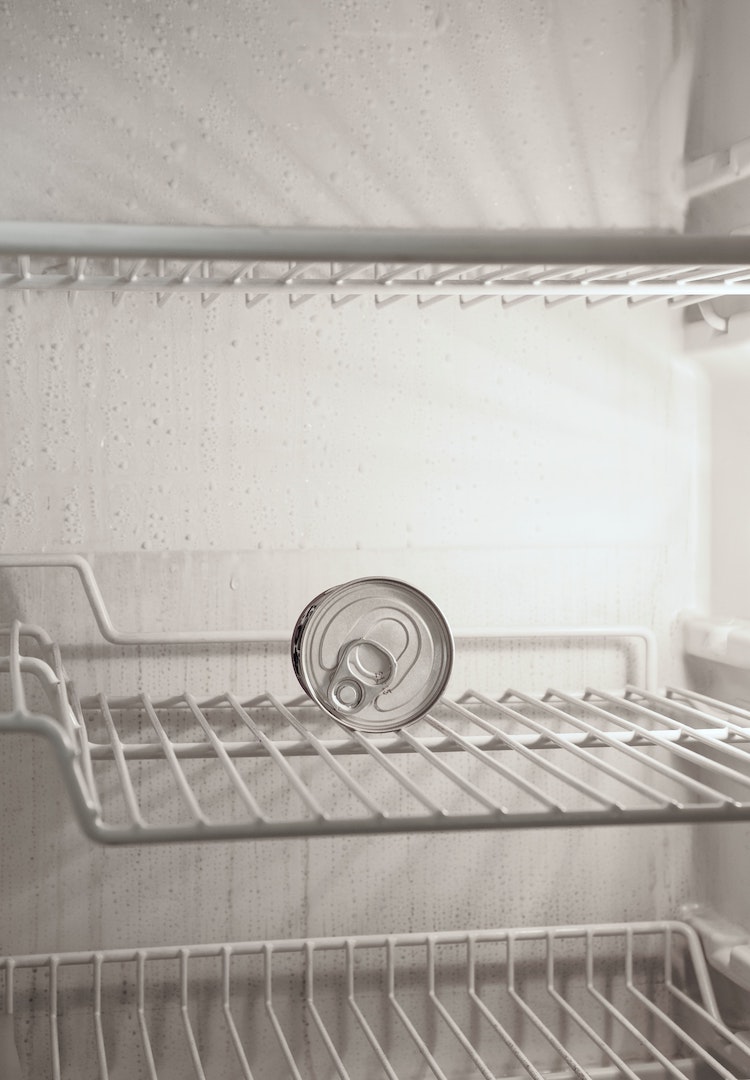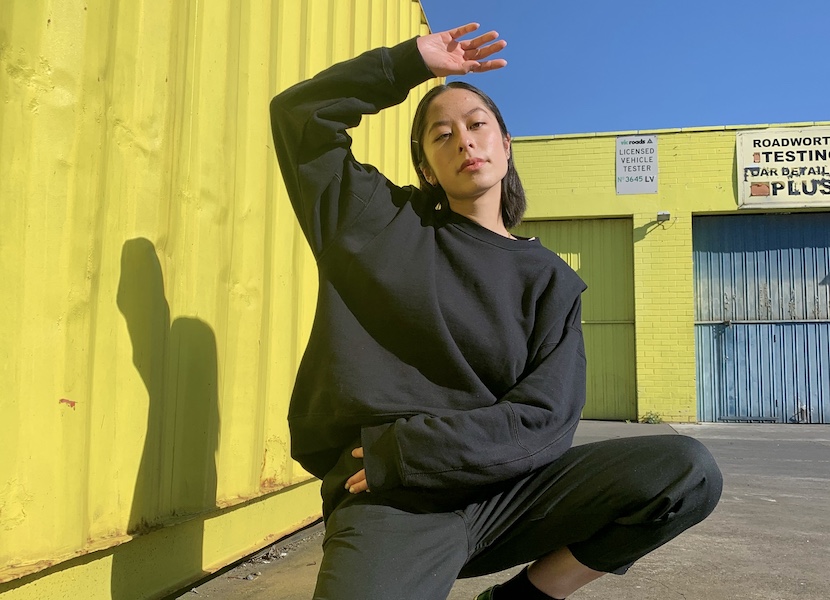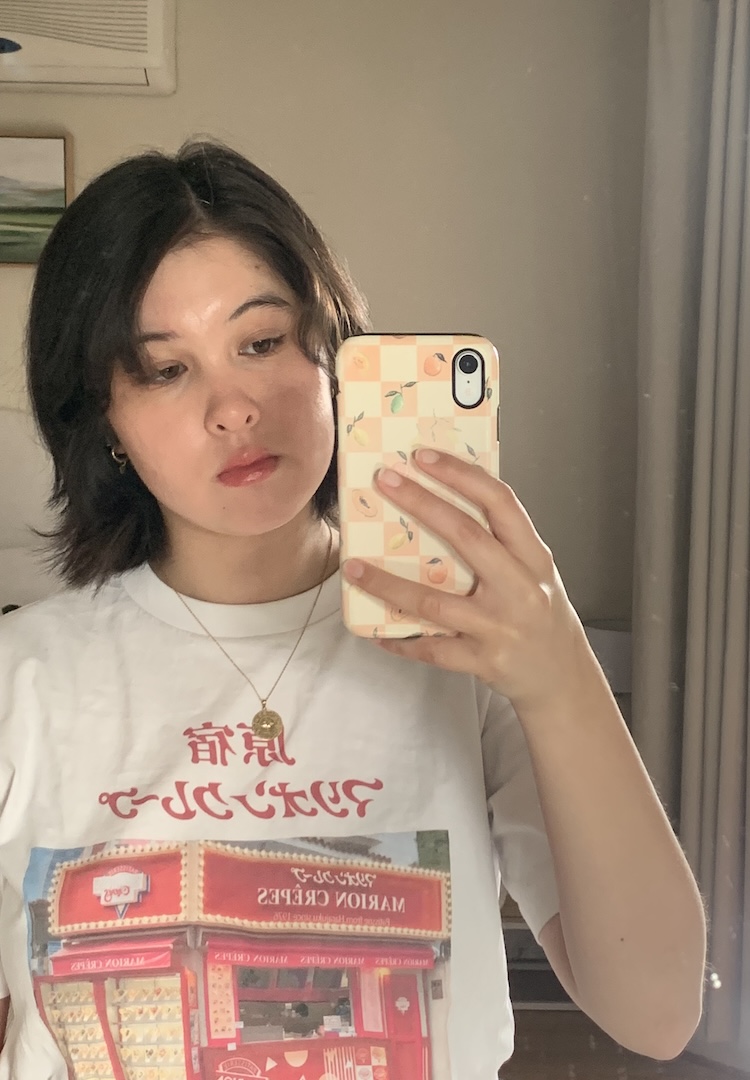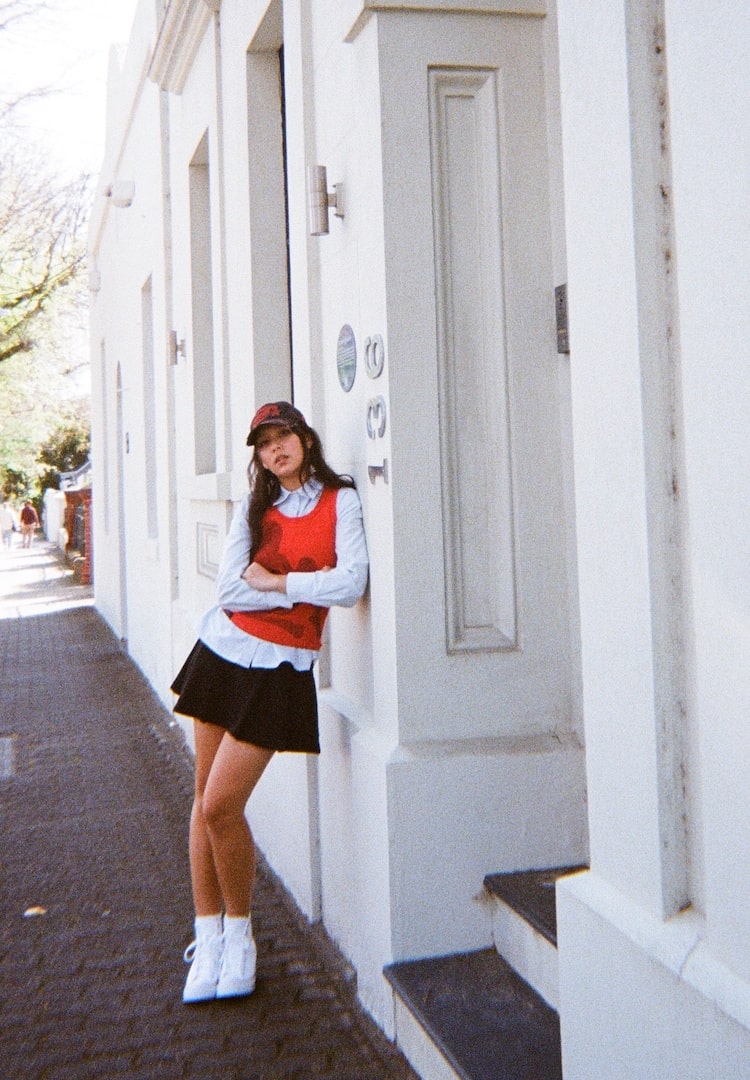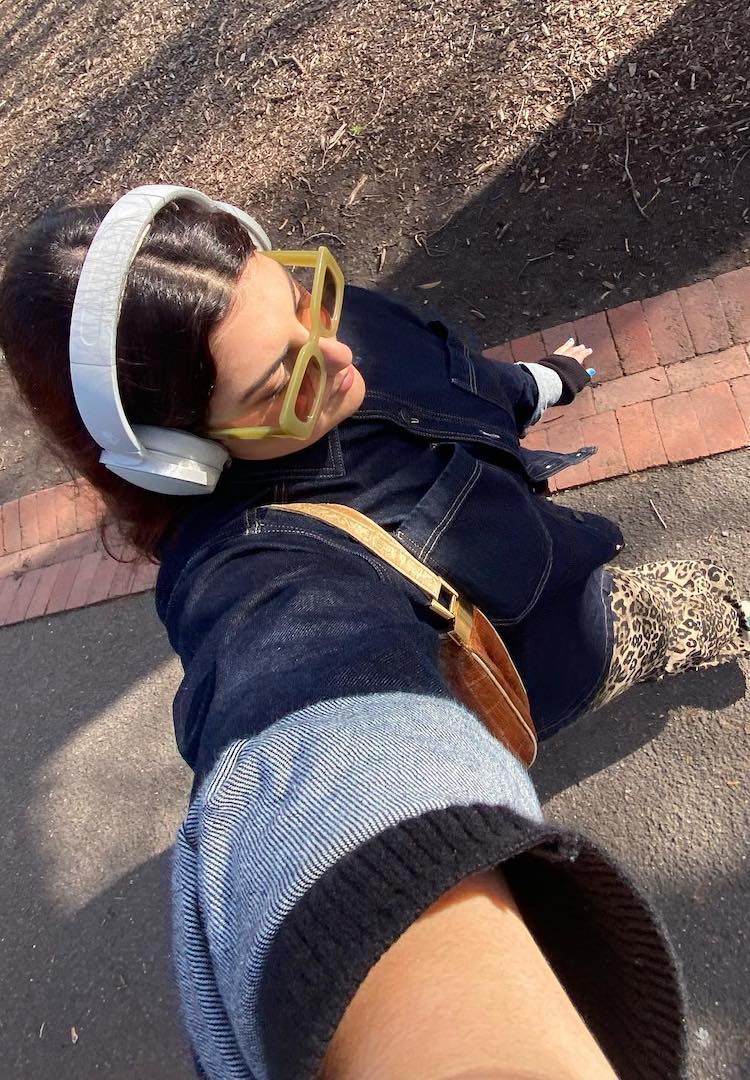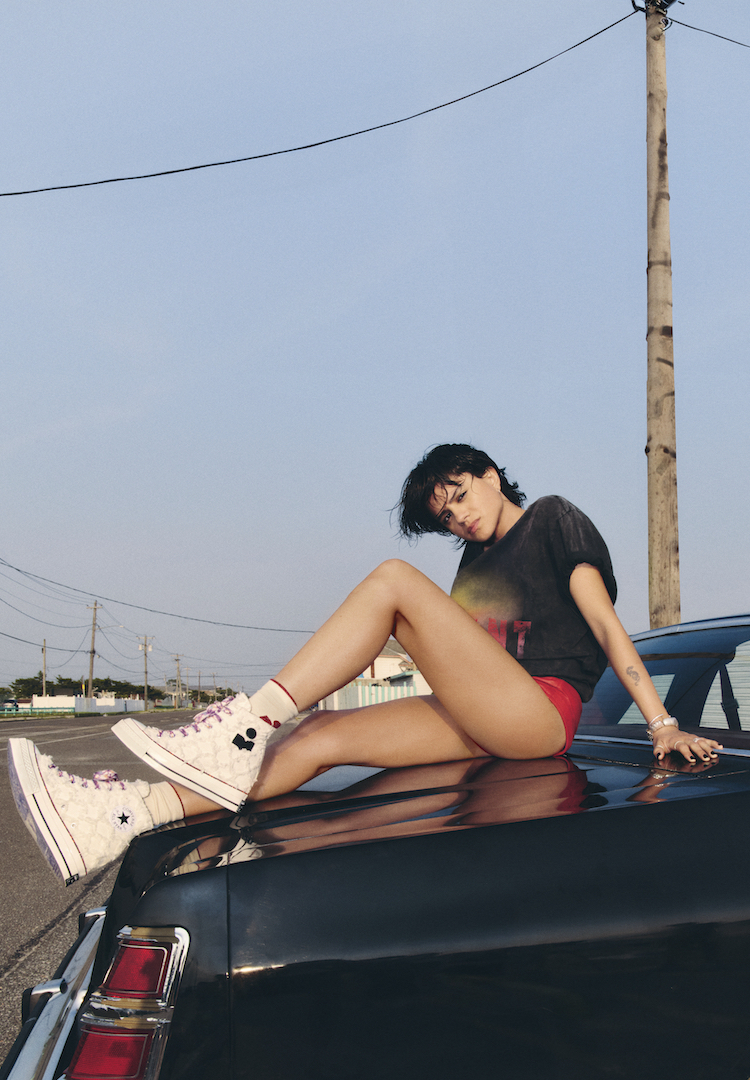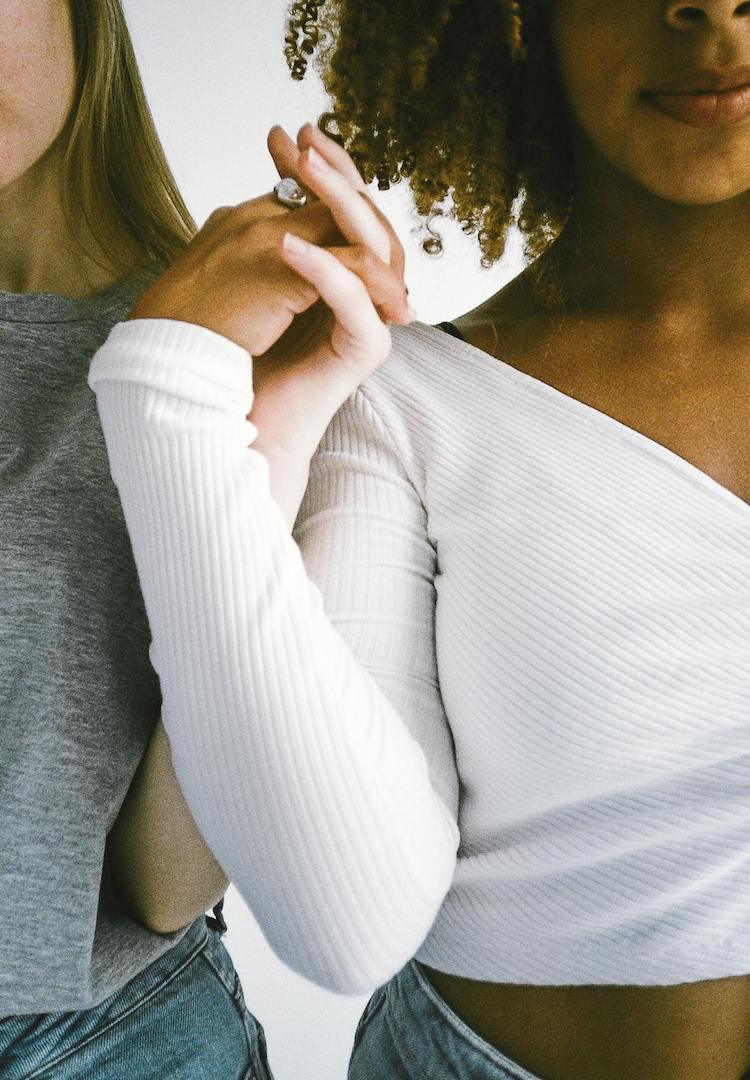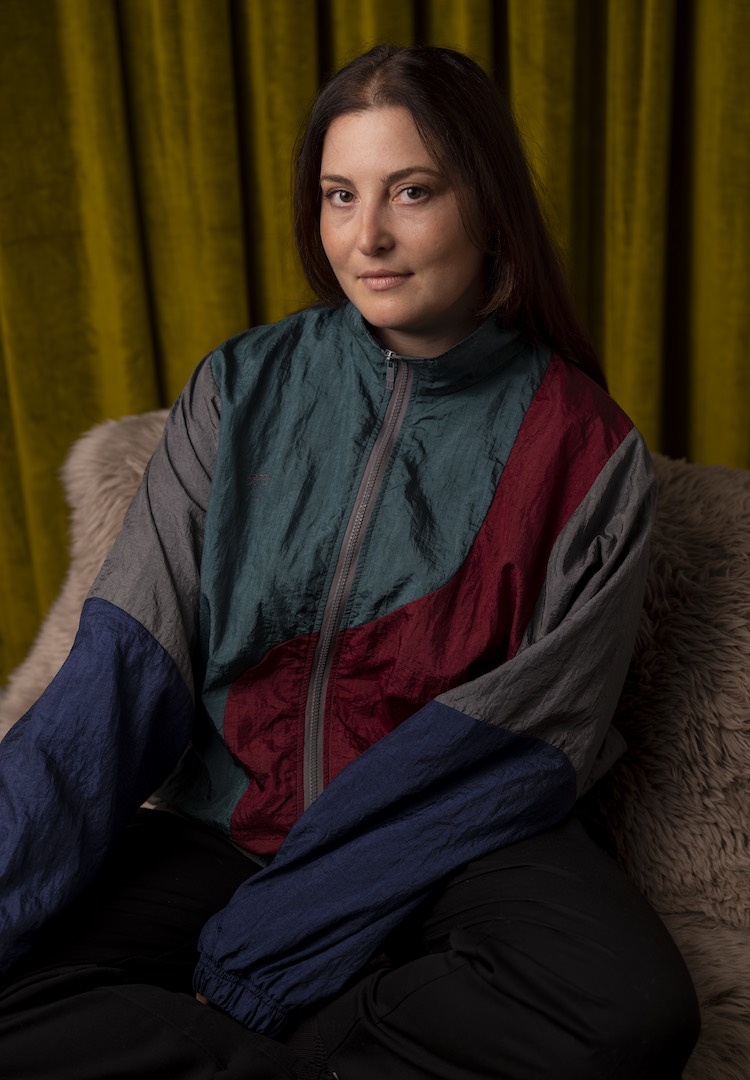The lack of Asian representation in Australian media reminds me that I’m an outsider
WORDS BY MAGGIE ZHOU
“I was a gangly Chinese girl, and gangly Chinese girls don’t work in Australian media.”
This week, Converse launched Shapes, a collection of apparel that is genderless, seasonless and size-less. Shapes allows the consumer to choose what they want to wear and how they want to wear it, without being bound to the labels traditionally prescribed by the fashion industry. To celebrate the release, we asked a series of FJ readers to open up about the labels assigned to them by society, and how they’ve pushed past these. Here, FJ writer and media slashie Maggie Zhou discusses the labels often assigned to Asian-Australians, and why they’ve hindered her self-belief in pursuing a career as a writer.
I never thought – I still don’t think – I could be a writer.
“When did you know you wanted to become a writer?” I was innocently asked the other day. It was a simple question, really, but it’s one that floored me.
We all have friends who seemingly left the womb with firm career paths mapped out and suitcases in their tiny baby hands. An astronaut, a vet, a librarian, a nurse – they’d proudly display their childhood dream jobs like flashy name tags pinned to their chests. But me? Mine was blank.
Sure, I would regularly obliterate the Victorian Premier’s Reading Challenge; it wasn’t uncommon to see my reading list hit the triple digits. Fine, English was my favourite class by far. And yes, I kept obnoxious diaries all throughout my prepubescent life. Writing was something I lived and breathed. But pursuing a career in it? Unheard of.
Throughout my schooling experience, students who openly declared they wanted to be journalists were met with winces and sideways glances. To add fuel to a burning fire, I was a gangly Chinese girl. And gangly Chinese girls don’t work in Australian media.
A lack of Asian role models
Think back to your early teenage years when you were all bruised knees and bucked teeth. I implore you to think of an Asian media personality on Australian TV. Apart from the inimitable Lee Lin Chin, there are probably next to no names you can recall.
When I got my grubby hands on an iPhone, I fell headfirst into the dizzying daydream of social media. The glitz and glam of blogging stole my heart in the post-Tavi Gevinson era when celebrity became democratised. That’s when I discovered a community of Asian-Australian bloggers in the fashion world.
In stepped Margaret Zhang, whose blog entries saw her traversing the globe shooting for big-name brands while undertaking her law degree.
There was Yan Yan Chan, a Hong Kong-born creative whose blog held the intimacy of a handmade zine but the creativity of an established publication. I soaked up every new piece of content as fast as my chunky high school laptop would allow.
It was like someone accidentally left the door to the fashion world ajar. It wasn’t a foot in the door, more like a pea-sized crack, but that emblem of hope was all I needed.
The ethnicity dilemma
I’m either too Chinese or not Chinese enough. Too Aussie, or not Aussie enough. This cultural conundrum isn’t exclusive to mixed-race folk, it’s a constant for various diasporas.
Dentists, parents and strangers assume that I study science or medicine or any other typically Asian-populated field. As an influencer, I’ve been approached by brands and PR agencies on the occasion when something is blatantly Asian – think Lunar New Year campaigns and bubble tea sponsorships.
I’ve been told by co-workers that I’m whitewashed, a banana (yellow on the outside and white on the inside) and that I just don’t understand Asian culture. I sit on a balancing beam, neither here nor there.
Hello, internalised racism!
People like labels and neat little categories to pigeonhole others. It’s tidy and there’s no mess, but it also restricts freedom and self-expression. I felt the need to conform, so I leaned heavily into being Australian.
I emphasised my Australian accent, I quit piano lessons, I eye-rolled my way through maths and science. I wore my hair like the other girls, I liked the things they liked, I convinced myself I was one of them. When I looked into the mirror, I was confused with what I saw.
As a result of being ‘Aussie’, I saw a complete rejection of my Chinese ethnicity. I disengaged in Chinese school and now I don’t speak my mother tongue. I was embarrassed when friends would come over to my house and I took pride in my more racially ambiguous features.
My internalised racism festered away and unconsciously seeped into my hobbies, mannerisms and personality. It made me believe that a career in media wasn’t on the cards for someone like me.
Better representation is on the horizon
I think I have an Asian last name detector installed into my operating system. My ears prick up at any Trans, Xus or Zhens I hear on the news. My skim-reads never fail to pick up on any Nguyens, Huynhs or Kims. Thankfully, in recent years, there’s been more names, more ear pricks and eye widenings.
Take Benjamin Law, a prominent and prolific voice in the Australian media scene whose work as an author, journalist, presenter and screenwriter has paved the way for authentic depictions of true Asian family dynamics.
The same goes for Michelle Law, whose portrayal of three Chinese-Australian daughters in her play Single Asian Female made me sob, cackle and left me gobsmacked at how accurate it was.
On Instagram, we have trailblazers like AJ Clementine, Tara Chandra, Rowi Singh, and Alyssa Lee who are each the authority on what’s cool. We have Tara Whiteman, Li-Chi Pan and Sha’an d’Anthes creating aspirational content from our own backyard.
Seeing diverse representations of Asian Australians allows people to dream and to think outside of the boxes they enclose themselves in. It allows that gangly Chinese girl staring into her mirror to not feel as lost or as alone.

